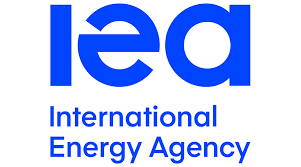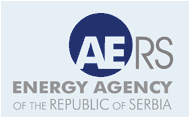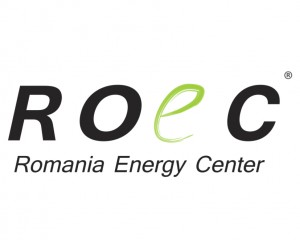Rising oil and gas production in the U.S. will continue to put downward pressure on energy prices in the next three to four years, International Energy Agency (IEA) Executive Director Fatih Birol told Anadolu Agency.
President Donald Trump’s energy policies will have important repercussions for global energy markets, he said after a joint press conference with Energy Secretary Rick Perry in Washington.
According to official figures from the Energy Information Administration, the U.S. has been the world's top producer of petroleum and natural gas since 2013, largely a result of the shale gas revolution.
As a part of his "An America First Energy Plan”, Trump wants to revive America’s coal industry by rolling back environmental regulations and pushing clean coal technologies.
"[The administration] will put a lot of investment in technologies like carbon capture and sequestration in order to make coal generation cleaner,” Birol said, and suggested it would make serious strides in nuclear energy in the near future, based on his meeting with Perry.
The White House signaled a plan to allocate $120 million to resume the Yucca Mountain project - a nuclear waste containment facility in Nevada that was put on hold during the former administration of President Barack Obama.
Birol was hopeful the Trump administration’s nuclear energy initiatives may help revitalize an industry currently facing significant headwinds. In the past decade, renewable energy and new technologies have made low-carbon power more reliable and cheaper, reducing the revenues of nuclear and coal plants.
Many unprofitable reactors around the country are threatening to close while nuclear still accounts for 20 percent of the country's electricity generation.
When asked about the administration’s stance on renewable energy resources, Birol disputed the notion renewable energy resources would be neglected in the White House’s plans.
"The U.S. will look at all energy sources and will use whichever is most beneficial in terms of cost and environment,” he said. "The Trump administration is trying to accelerate the increase in energy production and to make America the most important energy country in the world.”
According to the IEA, the U.S. will account for 40 percent of the world’s extra gas production by 2022, thanks to the remarkable growth in its domestic shale industry.
"If there is not a huge geopolitical development in the next 3-4 years, the increased production in the U.S. will push oil and natural gas prices downward," Birol said.
Despite abundant oil and gas supplies in the global markets, Birol believes geopolitical risks still threaten global energy security.
Citing the fact that most of the world oil exports comes from the Middle East, he emphasized how the current crisis between Qatar and several Arab countries once again showed the close relation between energy and geopolitics.
Saudi Arabia, Egypt, the United Arab Emirates, and Bahrain last month placed a blockade on Qatar, the world’s largest exporter of natural gas.
As environmentally-friendly renewable energy sources become more prevalent with declining costs, energy storage will be the field the next revolution takes place, Birol predicted.
"If there is sunlight, there is electricity. If there is no sunlight, there is no electricity. The same thing is true for wind. Renewable energy sources are not available 24/7 and that’s their biggest disadvantage” he said.
Energy storage technologies are able to absorb the excess electricity generated by renewable resources and put that electricity back onto the grid when it is more useful.
Birol added that the U.S. Energy Department and the IEA will be undertaking joint efforts on this issue.
(Anadolu Agency)




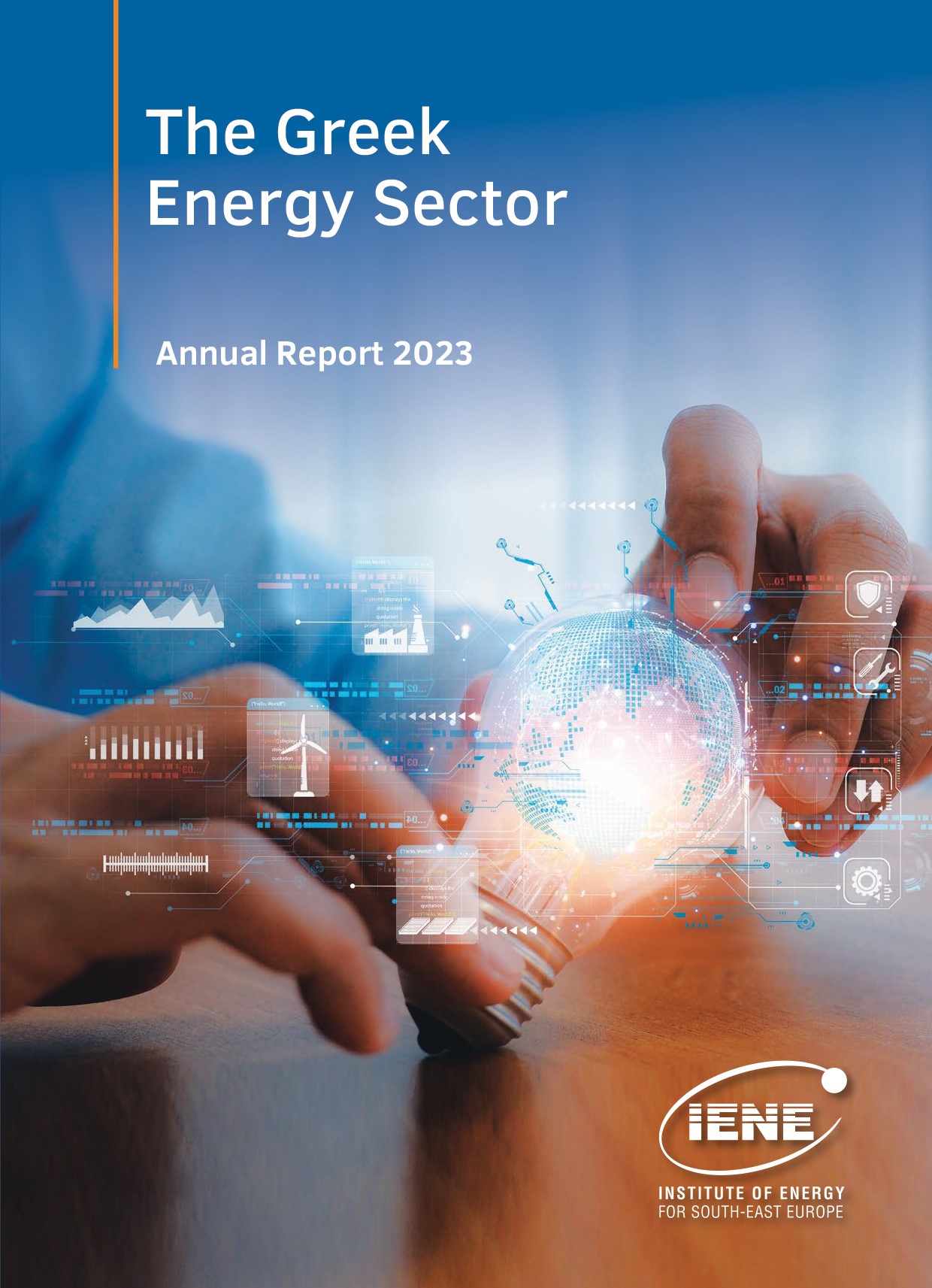

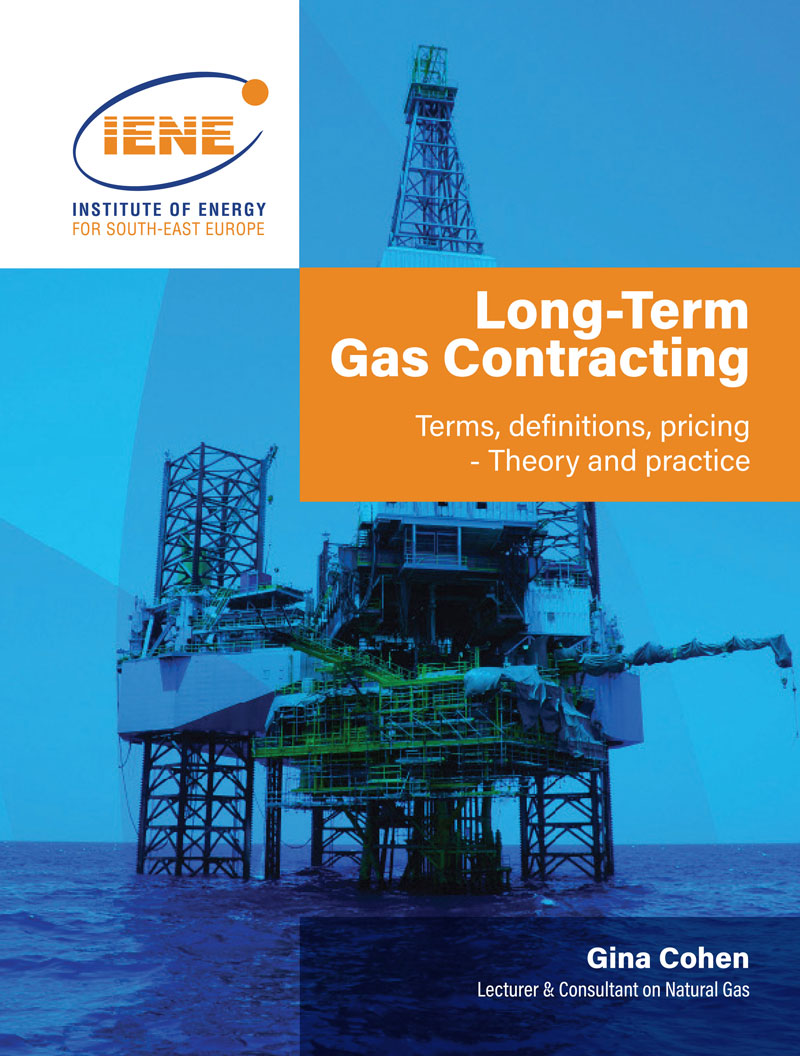 More
More
